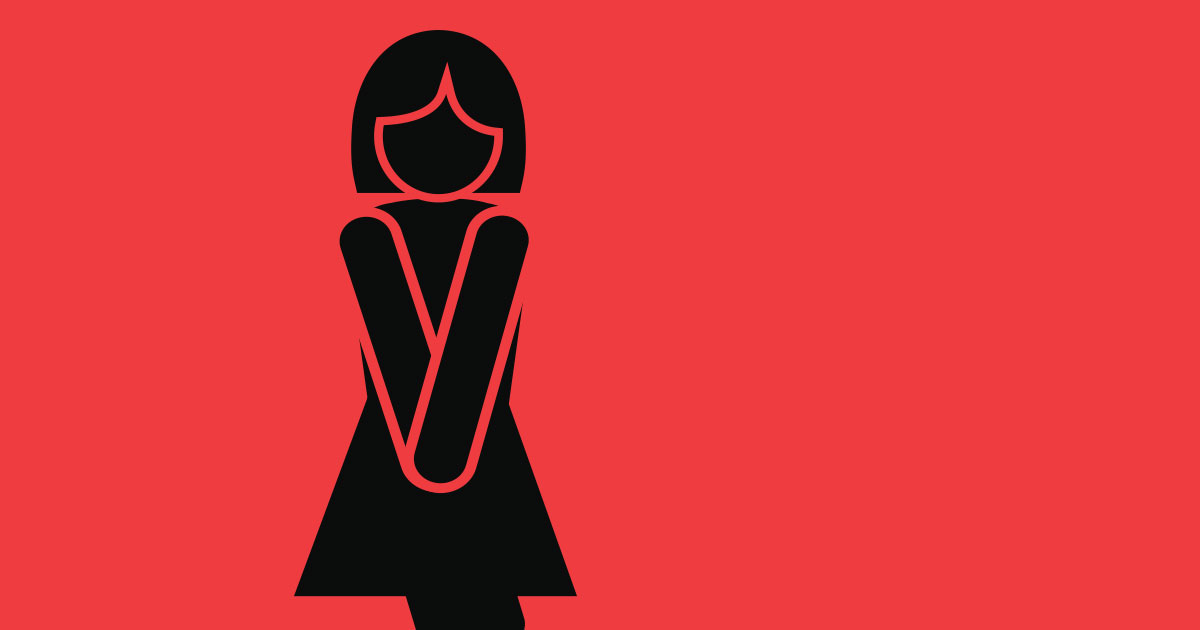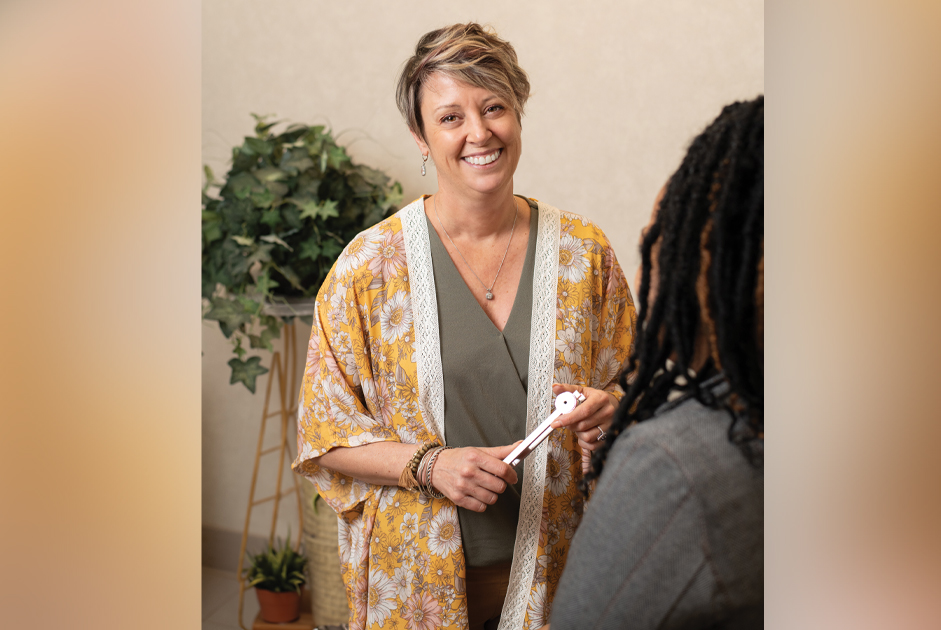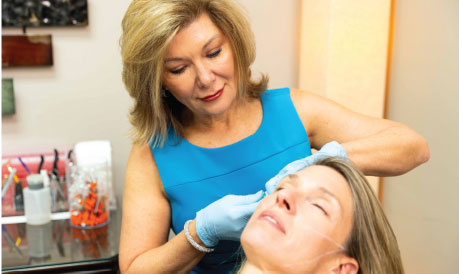BY JAMIE LOBER
The Centers for Disease Control and Prevention define the bladder as a balloon-shaped organ in your lower abdomen near the pelvis that stores urine from the kidneys until it is passed out of the body. Bladder health affects all Forsyth women at some point in their life. As you age, the bladder may go through changes or medical issues like urinary incontinence, bladder infections, or urinary tract infections. The North Carolina Medical Journal reported that approximately 50 percent of women will experience some form of urinary incontinence in their lifetime, and fewer than half will seek care due to the sensitive nature of the topic. While it can be embarrassing to approach, our magazine took the time to sit down and go through the basics on what you can do to keep your bladder in top shape.
The National Institute on Aging found that there are some factors that women can control. When you keep the list of tips below in mind, you are on the right track.
- Drink enough fluids, particularly water, ideally 6-8 glasses a day
- Limit alcohol and caffeine like coffee, chocolate, or soda
- If you are a smoker, make a plan to quit
- Avoid constipation by eating high fiber foods like whole grains, fruits, and vegetables and being physically active
- Maintain a healthy weight by paying attention to diet and exercise
- Make a point to exercise regularly
- Do Kegel exercises, also called pelvic floor exercises, to strengthen muscles that prevent urine from leaking when you cough, laugh or have a sudden urge
- Attempt to use the bathroom when necessary as it is unhealthy to hold urine in the bladder for too long
- Relax your muscles when urinating
- Wear cotton underwear and loose-fitting clothing to allow air and not get overheated
Do not feel bad if your bladder does not seem to be functioning as well as it once did. Wake Forest Baptist Health said loss of bladder support can result from multiple childbirths, aging, obesity, or lack of estrogen. You may also experience a sudden urge to go or overactive bladder. If conservative treatment strategies like lifestyle modifications do not make a difference, it is time to consider seeing a doctor. The good news is that bladder issues are treatable with options ranging from conservative, like doing exercises, to invasive like using a bladder pacemaker, Botox, or surgery.
It can help you feel better and more relaxed about the healthcare visit when you know what to expect. Some basic things that may happen during the visit for a bladder problem include:
- A physical exam that may include a pelvic exam
- A urine sample to check for a bladder or urinary tract infection
- An exam of the inside of the bladder if you see a specialist
- An ultrasound to see if you are fully emptying your bladder
Be sure to be open with your doctor about your medical history and bring up any questions or concerns. Antibiotics can be given for urinary tract infections since most are caused by bacteria. Drinking extra fluid and urinating can also quicken the healing process. Harvard Health found that some dietary choices can fight off urinary tract infections such as cranberries, blueberries, vitamin C, and probiotics because they help control bacteria.
If you have been struggling with the discomfort, pain, or embarrassment of a bladder health issue, now is the time to speak up. It can take time and patience to get the problem under control so it is important to make a plan with your healthcare provider and not give up. One of the approaches is sure to work for you and offer you the relief that you deserve.





















